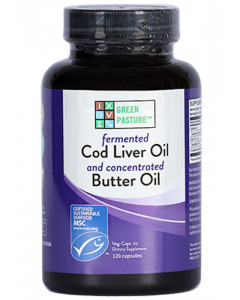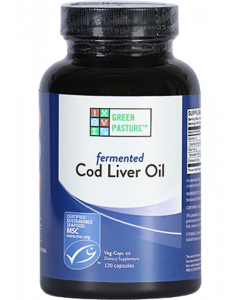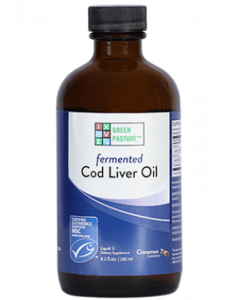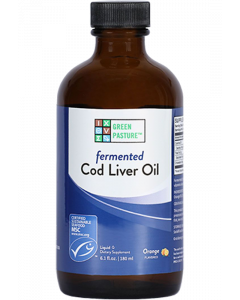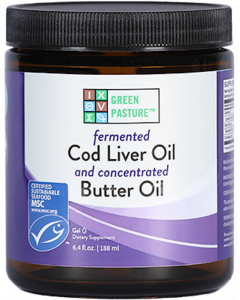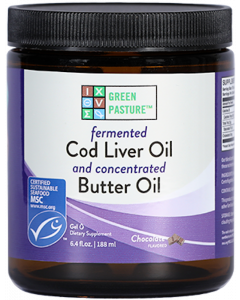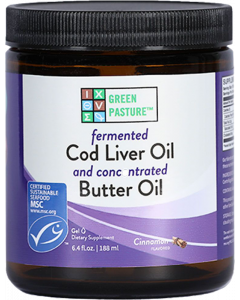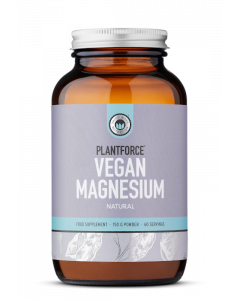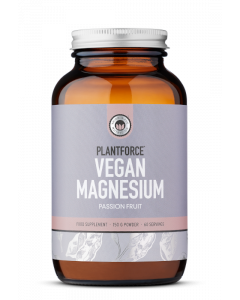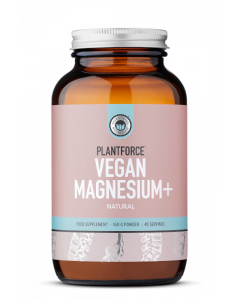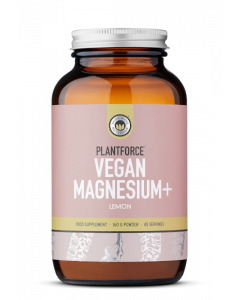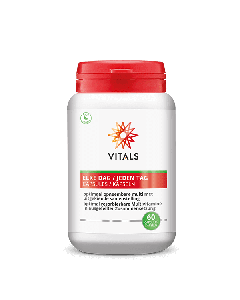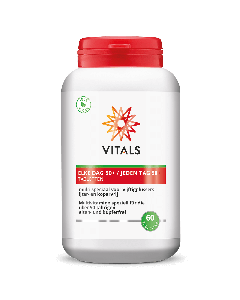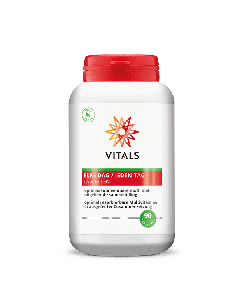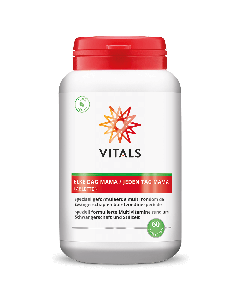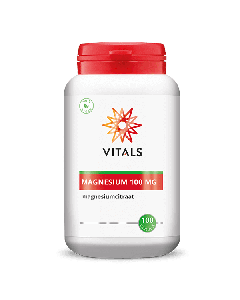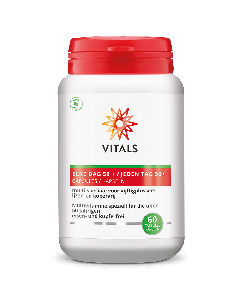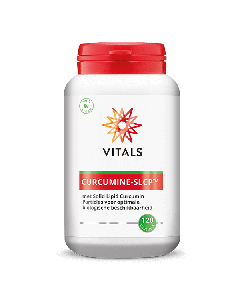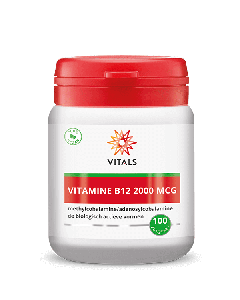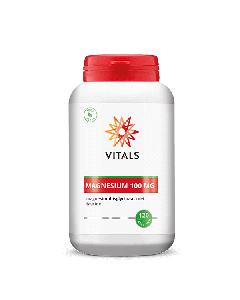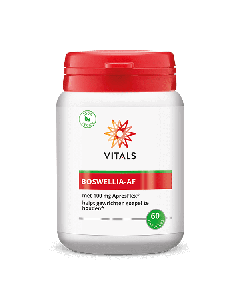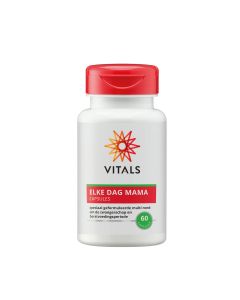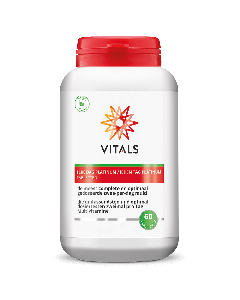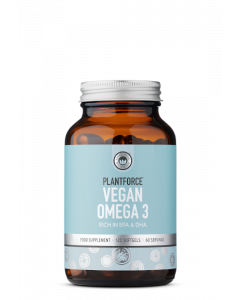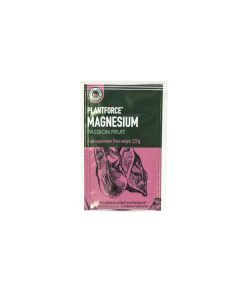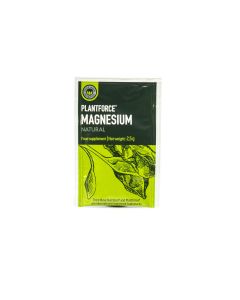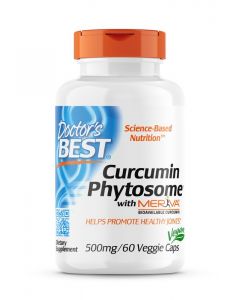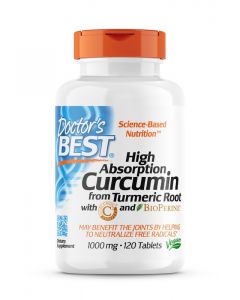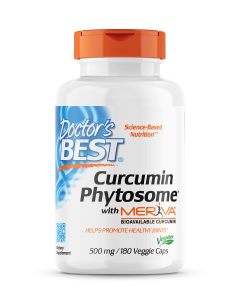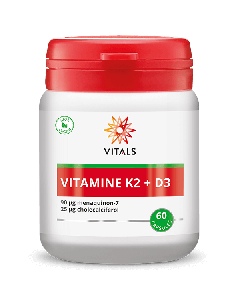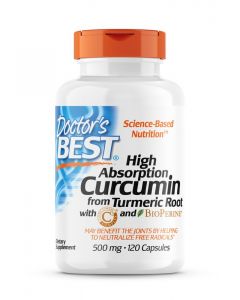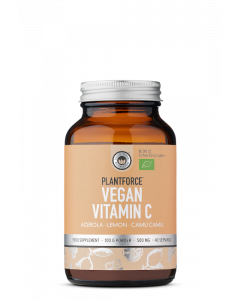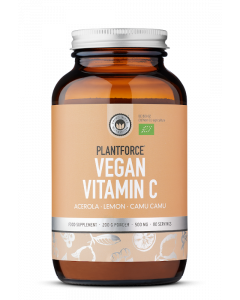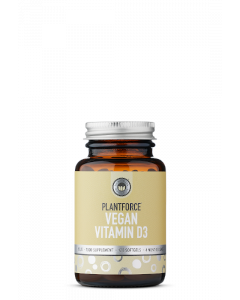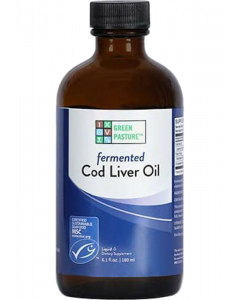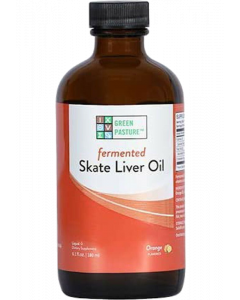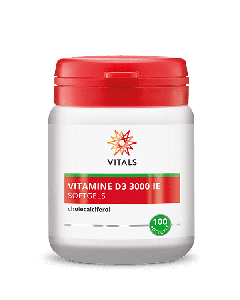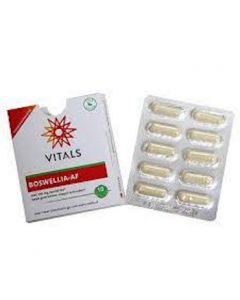The Immune system
The immune system recognizes, attacks, and destroys things that are foreign to the body. It can be split into two major components: (1) innate immunity & (2) acquired immunity. Innate immunity is our first line of defense against infection (i.e., skin as a physical barrier, saliva, tears, stomach acid etc.), it can mount a rapid but non-specific attack. Acquired immunity is more sophisticated and targeted, it is slower and attacks specific bacteria/viruses. Importantly these systems work together and not in isolation.
As the name suggests innate immunity is intrinsic to the human make up, we have it from birth. Acquired immunity kicks in when the innate system cannot eliminate the threat (2nd line of defense). Special cells are manufactured and programmed to target and eliminate the specific bacteria or virus, which can take days-weeks. Hence, we do not overcome the common cold overnight. Immune function is dictated by the functionality of both the innate and adaptive immunity. Nutrition and supplementation can impact both of these systems as we will see in the coming section.
Disclaimer: This information makes no claims about eating to prevent COVID-19 or to improve resistance to SARS-CoV-2. This is for educational purposes only.
What is immunity?
Thankfully a normally functioning immune system can distinguish between healthy and unhealthy cells. It does so by identifying certain structural (what makes it unique) and chemical (substances released/secreted) patterns of the bacteria or viruses. Whereas, healthy cells will have a structure and chemical make-up that differs from bacteria/viruses. Meaning, the immune cells know what to kill and what is normal healthy human cell.
Therefore, once these specific immune cells have been created, they can be now used in future responses to that specific invader, and thus mitigating/preventing the infection or degree of illness that could be caused by a previously unrecognized bacteria/virus.
If an adequate immune response is unable to be activated when it is required, then this can lead to infection or other problems. Hence why people with compromised immune systems are susceptible to a range of bacteria/viruses that typically are not problematic to individuals with a healthily functioning immune system.
Finally, autoimmune conditions are characterized by an abnormality in this identification system. Put simply, the immune system cannot distinguish between healthy and unhealthy cells. Therefore, it attacks normal human cells, and autoimmune conditions such as Crohn’s disease can manifest.
How does diet impact the immune system?
First off, it is difficult to target specific aspects of immune function, the system is a complex web of cells that cross-communicate to mount an attack. Meaning if we target one super specific aspect with an intervention you can be sure the whole system is affected.
With that in mind, let’s explore how nutrition can maintain good immune function (or negatively impact it) by examining some components of diet.
When a human becomes infected there is an increased energy cost to fight that infection. So, first off, we will need to ensure adequate energy is consumed daily. For protein, the recommendation is to avoid low protein intakes. There are some specific amino acids that can be prioritized with the goal of improving immune function, glutamine is one of the most commonly suggested. Carbohydrate does not have strong evidence in for benefit or detriment on the immune function. Therefore, eat as preferred with energy intake as the priority.
Omega-3 fatty acids
Omega-3 fatty acids can have anti-inflammatory and anti-viral properties, meaning it can suppress viral replication. Avoid deficiency. If you do not consume fatty fish regularly (2-3 times a week), strongly consider supplementation to meet your daily requirements (250mg/day of EPA & DHA combined). (Source: EFSA Journal)
Some supplements, including probiotics, plant polyphenols, and bovine colostrum, may benefit immunity and reduce risks of infection if taken regularly in sufficient doses. (Source: Jeukendrup & Gleeson)
Vitamin D
Vitamin D - maintaining sufficient vitamin D levels is likely beneficial for immune function and resistance to infections, so regular sunlight exposure or supplementing with ~ 1000-2000 IU/day vitamin D3 is recommended. (Source: NCBI, MDPI)
Vitamin C
Vitamin C - is necessary for the immune system to mount and sustain an adequate response against pathogens (bacteria/viruses), whilst avoiding excessive damage to the host (human). Because vitamin C deficiency can impair immune function and lead to increased risk of infections maintaining an intake sufficient to avoid deficiency is obviously recommended. Some studies suggest high-dose vitamin C can reduce duration and severity of the common cold. (Source: Hindawi)
Vitamin C deficiency is the fourth leading nutrient deficiency in the United States. Reasons include reduced intake combined with limited body stores. Increased needs occur due to pollution and smoking, fighting infections, and diseases. Ensuring adequate intake of vitamin C through the diet or via supplementation, especially in groups such as the elderly or in individuals exposed to risk factors for vitamin C insufficiency, is required for proper immune function and resistance to infections. (Source: NCBI)
Want to learn more?
Here at Plent, we are different than most other supplement retailers out there. We are committed to consumer education and empowerment, brand transparency and quality assurance of all our own supplements. For this reason, we want all our customers to have a full and rounded understanding of the world of supplementation. If you would like to read more about Immune function from the experts, check out the links below:
-
Video
-
Introduction to the immune system
-
The immune system explained I – Bacteria infection
-
Written
-
Immunity
-
Nutrition and immune function in relation to COVID-19
-
Audio
-
Eat for Immunity with Dr Jenna Macciochi
-
Diet & Immunity
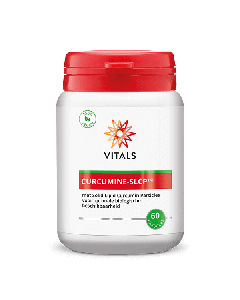 Vitals - Curcumine SLCP - 60 capsulesShipped todaySpecial Price € 23.96 € 31.95(Starting at € 23,96 p/u)
Vitals - Curcumine SLCP - 60 capsulesShipped todaySpecial Price € 23.96 € 31.95(Starting at € 23,96 p/u)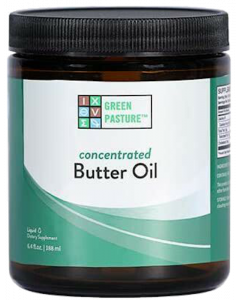 Green Pasture - High Vitamin Butter Oil - X-Factor gold - Natural - 188ml GelOut of stockSpecial Price € 35.95 € 45.95
Green Pasture - High Vitamin Butter Oil - X-Factor gold - Natural - 188ml GelOut of stockSpecial Price € 35.95 € 45.95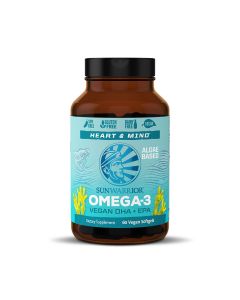 Sunwarrior - Omega-3 | Vegan DHA & EPA - 60 softgelsShipped todaySpecial Price € 38.66 € 42.95(Starting at € 38,66 p/u)
Sunwarrior - Omega-3 | Vegan DHA & EPA - 60 softgelsShipped todaySpecial Price € 38.66 € 42.95(Starting at € 38,66 p/u)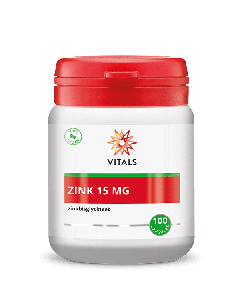 Vitals - Zinc - 100 Caps. (15mg)Shipped todaySpecial Price € 13.46 € 17.95(Starting at € 13,46 p/u)
Vitals - Zinc - 100 Caps. (15mg)Shipped todaySpecial Price € 13.46 € 17.95(Starting at € 13,46 p/u)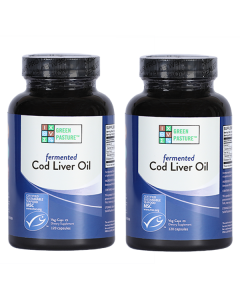 Green Pasture - Blue Ice™ Fermented Cod Liver Oil – 3 x 120 caps.Shipped today€ 110.26
Green Pasture - Blue Ice™ Fermented Cod Liver Oil – 3 x 120 caps.Shipped today€ 110.26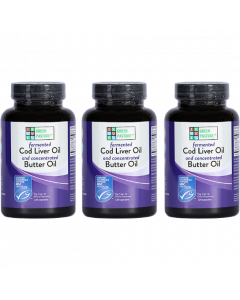 Green Pasture - Fermented Cod Liver Oil/Butter Oil - 3 x 120 caps.Shipped today€ 124.06
Green Pasture - Fermented Cod Liver Oil/Butter Oil - 3 x 120 caps.Shipped today€ 124.06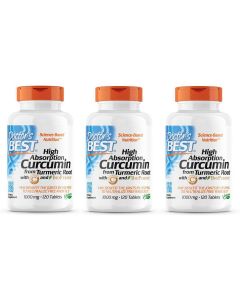 Doctor's Best - High Absorption Curcumin 1000 mg - 3 x 120 tabs VoordeelpakketShipped today€ 259.07
Doctor's Best - High Absorption Curcumin 1000 mg - 3 x 120 tabs VoordeelpakketShipped today€ 259.07

